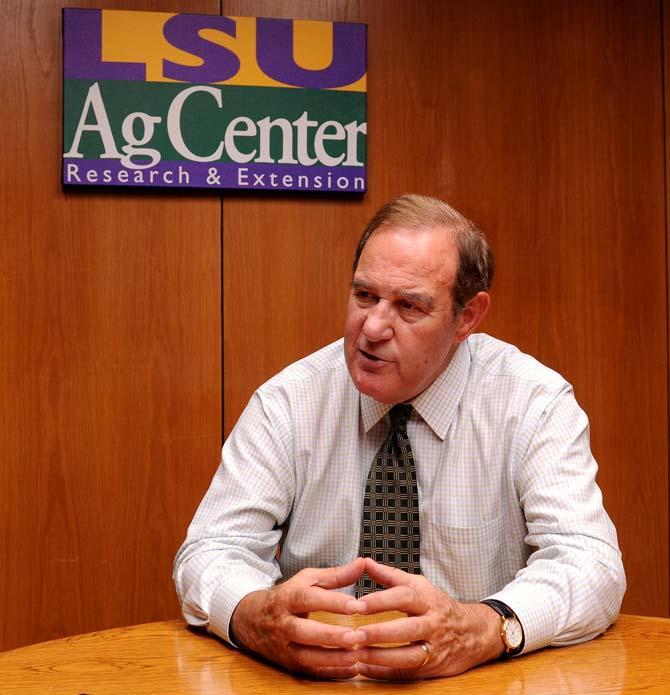The LSU AgCenter recently released more information on its plans for extensive research on medical marijuana. The initial announcement in June gave minor details, but the recent release included a document containing the details for the project’s concept plan.
The AgCenter held a public forum Oct. 28 to disclose details to the public and potential investors and contractors, and answered questions from the audience and explained portions of the project concept.
There are specific rules for the AgCenter’s involvement with the project, which are disclosed in the project concept, and the project will remain separate from the University.
According to the project concept, the AgCenter plans to convert a warehouse into a lab, production center and research facility to house the project under one roof. This single-facility plan will reduce security risks and allow ease of access to the researchers and growers.
Because the project is separate from the University, the AgCenter is working on getting funding from private investors and contractors, adding to approximately $11.3 million. Though all figures are estimates given in the project concept and are subject to change, as said in the AgCenter’s public forum.
The medical marijuana research project will be funded, run and in operation as soon as possible.
It must follow the rules laid out in the Neustrom Act, such as the legality of the production of medical marijuana to expire in 2020, according to Bill Richardson, the LSU vice president for agriculture.
Because of the ability to grow and turn over marijuana plants in short amounts of time, the AgCenter is able to make rapid changes to the plants to grow to certain medical and pharmaceutical specifications, according to Richardson.
The project is a strictly medical and pharmaceutical one — its products are to be only in the form of pills, topicals and sprays. The AgCenter is not to produce products to be smoked, nor is it to produce edibles, with the exception of gummies for young patients.
In order to only use the medically beneficial chemicals in marijuana, the AgCenter will have an extract chemist working on all of the extractions, according to Richardson.
For increased safety and control, the AgCenter will have direct oversight and significant input into the entirety of the project.
Security is of maximum importance to the AgCenter, so officials plan to have high security inside and outside the facility, as well as high security transportation to all dispensaries and a security system that is tied with the facility’s inventory control for close monitoring, according to Richardson.
There will be no intermediate stops between the AgCenter facility and the dispensaries, and it is not to cross state lines, Richardson said.
The rules concerning the distribution of medical marijuana are tight, and there will be no advertising or merchandising allowed. In addition, doctors are not to prescribe medical marijuana, but are instead to only give recommendations to patients.
All monetary transactions and donations are to be well-documented — the original source of the money must be known before the AgCenter accepts it.
LSU AgCenter holds public forum on medical marijuana research project
October 30, 2016
Vice President of Agriculture Bill Richardson serves as Dean of the College of Agriculture and the LSU AgCenter.
More to Discover







